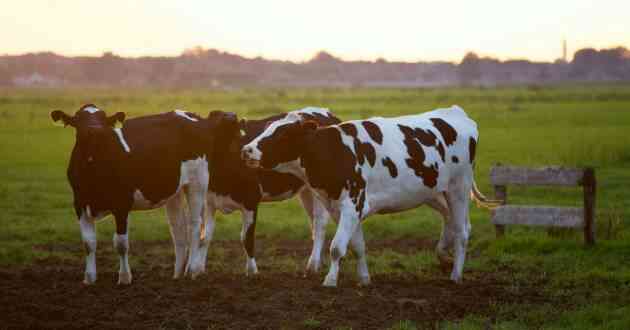How To Properly Care For Your Dry Cow During And After Calving
- - Category: Agriculture
- - 27 Dec, 2022
- - Views: 344
- Save

Here are tips for cow care.
Dry cow management is one of the most important aspects of the dairy industry. Unfortunately, many farmers tend to neglect this task until the cows are in poor physical condition. The truth is that taking care of your cow during the dry period will either make or break her performance during the next lactation. In this post, we will discuss how farmers can properly take care of dry cows to ensure good health during and after calving. But first, let's define what exactly meant by a dry cow.
What is a Dry Cow
A dry cow is a cow that is no longer producing milk. During the dry period, the cow's body prepares for the next lactation (calving). Normally, such cows require lots of nutrients to help them get more energy and stay healthy to make the calving process a success. Below are some of the care practices each farmer should observe during this period:
Proper Care Tips for Dry Cow During and After Calving
1. Proper Feeding
Dry cows require a special feeding program. In order to maintain a good body and to have enough energy, farmers need to feed these cows with highly nutritious feeds. For far-off-dry cows, their feeds should contain a higher fiber concentration to stimulate digestion and absorption of nutrients. However, the feeds should contain more metabolizable protein and energy as they are near to calving.
2. Keeping Stress Away
Dry cows should be kept in an environment free from stress and disturbance. For example, you should avoid moving your dry cows whenever possible because stress can impair their quality of milk production once lactation starts again. Also, if you live in an environment with extremely high temperatures, then you should find a way of relieving them from heat stress.
3. Observe Vaccination Programs
Dry cows require vaccination programs to keep them free from diseases such as mastitis and salmonella. The vaccines can either be injected or taken orally. It's important to note that most vaccines are designed to last up to 90 days. Therefore, ensure you observe the vaccination program to help the cows fight infections while in the dry period. You can as well contact local professionals such as US Vet for more helpful information on vaccination programs.
4. Separate Dry Cows from Other Herds
The other important care tip for dry cows is to seclude them from the rest of the herd. This practice enables you to provide the secluded animals with specialized care. For example, you can heighten hygiene levels and observe them for any abnormalities. What's more, secluding these cows helps prevent the spread of infections and diseases from other cows.
Dry cow management is one of the most important tasks to be done by dairy farmers. It's also a major factor in determining how well the farm will perform during lactation. Therefore, make sure that you observe proper dry cow management by observing the above-mentioned care tips.


